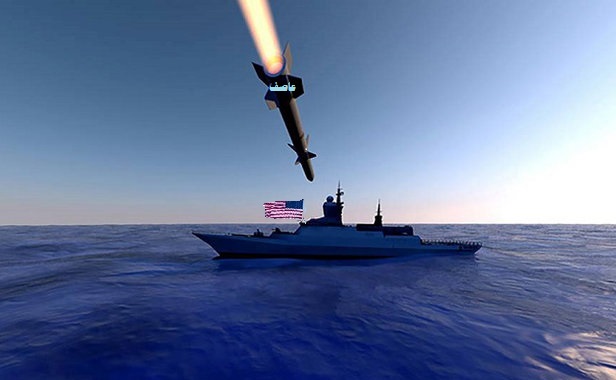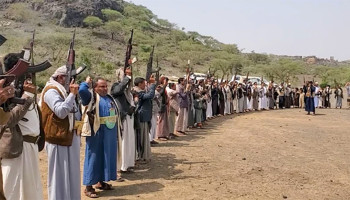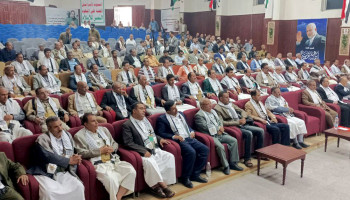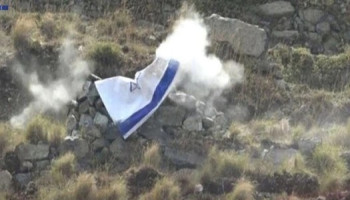Friday, June 13, 2025
The US Senate Armed Services Committee held a crucial hearing with US Central Command Commander General Michael Kurilla, during which he revealed a series of startling revelations about the decline of US military influence and the escalation of unprecedented challenges posed by Yemeni armed forces in the Red Sea.
In his testimony infront of the committee, General Kurilla described the situation in the Red Sea as having entered a new phase that carries major strategic risks, acknowledging that the current ceasefire does not eliminate the threat, which he described as "a dangerous precedent."
He explained that the advanced field tactics used by the Houthis set a new model that threatens the United States' ability to assert its maritime control not only in the region but also in other theaters of operations around the world.
The general added that the erosion of the freedom of navigation principle, upon which Washington has long relied in the Red Sea, could extend to other global strategic chokepoints, threatening US trade and its access to vital international markets.
He pointed out that Bab al-Mandab Strait has now become "the only maritime chokepoint in the world that requires a deliberate military operation to ensure safe passage," a clear indication of the magnitude of the operational dilemma facing the US Navy in this sensitive region.
In his analysis of the nature of the threat, Kurilla considered that "the Houthis have succeeded in establishing themselves as an influential regional power after consolidating their military and political presence as a major player in the region's dynamics."
The general continued that the United States now faces two bitter choices: "Either cede this space or continue to bear the risk of using force every time it transits this narrow waterway," which reflects the growing strategic embarrassment facing military decision-makers in Washington.
Assessing broader regional developments, the Central Command commander noted that the entire region is no longer the same as it was two years ago, emphasizing that the repercussions of the October 7 attack still resonate strongly in the minds of many of Washington's partners, forcing the region into transformations no one had anticipated.
He added, "All the things that were considered facts about the Middle East have suddenly disappeared and today we stand on the edge of an abyss overlooking uncharted waters."
These admissions reflect the magnitude of the accelerating geopolitical transformations taking place in the Middle East in light of the rise of Yemen as a new regional power that has succeeded in undermining one of the most important pillars of American supremacy in international corridors.







